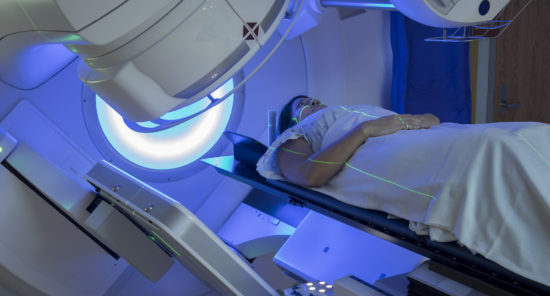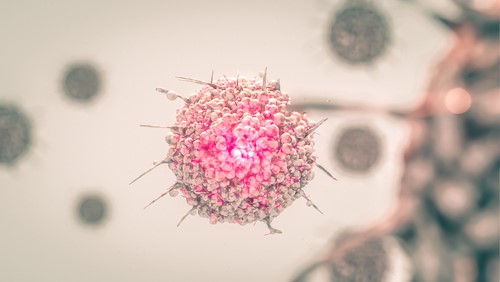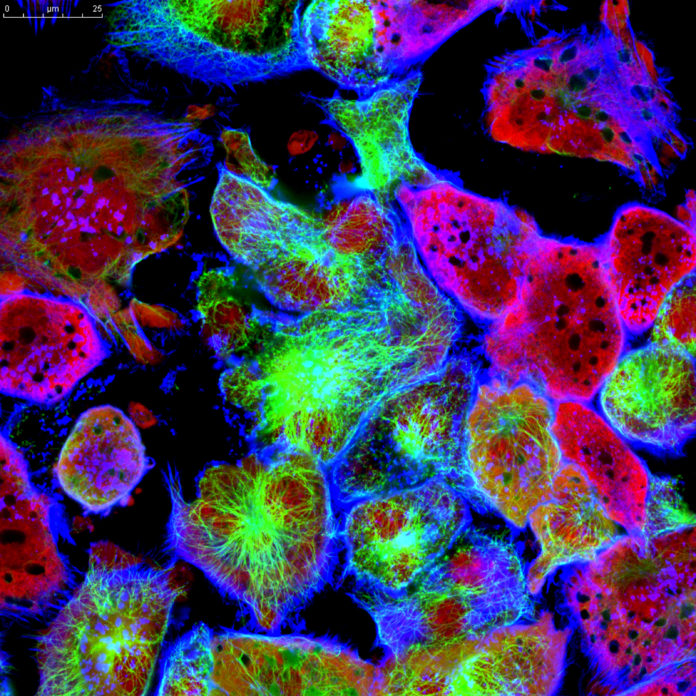A study sought to assess the possible underlying mechanisms for breast cancer patients suffering psychological and cognitive disorders. The findings were published in the journal Medicine.
In this cross-sectional study, researchers used resting-state functional magnetic resonance imaging (rs-fMRI) and clinical neuropsychological tests to assess a cohort of patients with breast cancer and healthy controls. Sixty-four patients with breast cancer were enrolled: 32 who had not received chemotherapy and 32 who had completed chemotherapy within 6 to 12 months. This cohort was compared to 46 healthy controls.
The population of interest underwent neuropsychological tests and rs-fMRI with mean fractional amplitude of low-frequency fluctuation and mean regional homogeneity analyses. The researchers noted that between groups, whole-brain voxel-wise rs-fMRI comparisons were calculated using two-sample t test, while rs-fMRI and neuropsychological tests correlation analyses were calculated using multiple regression.
“We found significant alteration of mean fractional amplitude of low-frequency fluctuation and mean regional homogeneity in the frontoparietal lobe and occipital lobe in the [chemotherapy-free] group compared with the other two groups, indicating alteration of functional dorsal attention network (DAN),” the researchers wrote of the results.
“Furthermore, we found the DAN alteration was correlated with neuropsychological impairment. [Most] of the potential underlying mechanisms of DAN alteration in [patients with breast cancer and without chemotherapy] may be due to insufficient frontoparietal lobe neural activity to drive DAN and may be related to the effects of neuropsychological distress,” they wrote.
They added that “further longitudinal studies with comprehensive images and neuropsychological tests correlations are recommended.”
Read more at: https://pubmed.ncbi.nlm.nih.gov/34414995/
Keywords: breast cancer, chemotherapy, neuropsychological tests









